What does beard oil actually do? Does it actually work? What’s in beard oil? Here’s everything you need to know.

In this article, we’ll explain what beard oil does, the benefits of using it, and how to incorporate beard oil into a daily beard maintenance routine.
So, you’re growing a beard for the first time. Or, maybe you’ve had one for a while, but you’ve never used anything special on it. You’ve seen beard oil in the shaving aisle and now you’re wondering what it does and if you should be using it…
With that in mind, we set out to answer all your questions about beard oil. In this guide, we’ll explain what beard oil does, what’s in it, the benefits of using it, and how to incorporate it into your daily beard maintenance routine.
Let’s dive right in!
What Does Beard Oil Do?
Beard oil is kind of like a leave-in conditioner for your beard and the skin underneath it. Although every guy’s skin produces oil (sebum) naturally, it can’t be stripped away by harsh soaps and astringent products like toner and aftershave.
Sebum keeps your beard and the skin beneath it healthy, moisturized, and looking its best.
Incorporating beard oil into your routine simply replaces those natural oils and keeps your beard shiny while preventing dryness and brittleness. Beard oils also add a nice fragrance to the beard, which many guys (and their ladies) find quite pleasing.
What’s In Beard Oil?
You’ve probably already figured out that beard oil contains oil, but what kind of oil? Well, most beard oils contain a mixture of carrier oils and essential oils. They’re usually all-natural, although some do contain synthetic fragrances.
The carrier oils are the main ingredients in beard oil that moisturize, condition, and soften the beard and skin. The essential oils make the product smell good and sometimes provide additional benefits, like fighting redness, inflammation, or acne-causing bacteria.
Two of the best carrier oils used in beard oil are castor oil and jojoba. Here are some other high-quality carrier oils to look for when you’re shopping for beard oil:
- Apricot oil
- Grape seed oil
- Argan oil
- Sunflower seed oil
- Sweet almond oil
- Coconut oil
Not all beard oil ingredients are high quality, and some should actually be avoided altogether.
Ingredients to Avoid in Beard Care Products
When you’re shopping for beard oil, there are few ingredients you’ll want to avoid. Silicones are added to cheaper products because they make the beard look shiny and smooth, but what they’re really doing is sealing off the hair shaft so beneficial nutrients can’t get in.
Sulfates aren’t generally added to beard oil, but they can be found in other beard care products, like beard wash.
They’re another ingredient added to cheaper personal care products, especially cleansers and soaps. They can really dry out the hair and leave it brittle, so you’ll definitely want to skip any product that contains them.
At the end of the day, skip any product that contains artificial or synthetic ingredients. They’re common irritants, and the last thing you want is red or irritated-looking skin on your face!
Benefits of Using Beard Oil
Aside from conditioning and moisturizing, one of the main benefits of beard oil is that it prevents itching. Beard itch can be a big problem when you’re first growing out your beard. As the hairs start to curl, they poke into your skin and make you wonder if growing a beard is really worth it!
This irritation also makes your skin a bit drier, which means the natural oils might not be enough. Beard oil softens those coarse, curly hairs so they aren’t as pokey, and of course, add that extra hydration your skin needs so badly.
Beard itch can happen with longer beards, too. Ultimately, this is probably an indication that your skin is naturally on the drier side. Consider switching to a gentle beard wash instead of soap. Adding beard oil to your beard care routine can make all the difference, too. It will add hydration to both the skin and beard hair.
Beard oil can also be helpful if you’re struggling with acne. First, use a beard brush with your beard wash to gently exfoliate the skin and slough away dirt, oil, and dead skin cells. Then, use a beard oil that contains tea tree oil to kill acne-causing bacteria.
If you do get a zit, wash your face and apply an acne patch or spot treatment. Leave it on overnight and then go back to your normal routine in the morning. This should clear things up pretty quickly and keep breakouts to a minimum.
Dandruff in the beard can also be an issue for guys with drier skin. Once again, you’ll want to exfoliate the area with a beard brush and beard wash, then apply beard oil.
All that being said, if you are dealing with itching and flaking that won’t go away despite your best efforts, there may be an underlying issue. Seborrheic dermatitis is a common skin condition, but it requires special treatment. If this sounds like what you’re dealing with, it’s time to call a dermatologist.
Are There Any Risks?
Just like anything else, using beard oil does come with a slight risk. Some guys may experience an allergic reaction to certain ingredients, especially essential oils or synthetic fragrances. Fragrance blends, whether they’re natural or synthetic, may also cause irritation if your skin is sensitive.
If you notice any redness or irritation after using beard oil, discontinue use and consult with your dermatologist. The solution might be as simple as switching to a fragrance-free, hypoallergenic product.
How to Apply Beard Oil
Applying beard oil is easy. Simply dispense a few drops into your palm and rub your hands together to warm it up, then massage it into the skin under your beard and throughout your beard hair.
Next, go in with a beard comb or brush to smooth out the hairs, shape your beard, and ensure that the product is evenly distributed.
Incorporating It Into Your Daily Routine
Beard oil can be used every morning after you wash your face. Simply adjust the amount you use based on how dry your skin is. Note that dryness can fluctuate based on season, so you might need a drop or two more in the fall and winter.
Guys with short beards should start with two drops daily. Medium length beards may require three to six drops, and long beards may require eight drops or more up to two times a day.
Keep in mind that you’ll get the best results if you start using beard oil as soon as you start growing your beard. It will help the hair grow in healthier and softer while preventing itchiness.
The good news is, beard oil starts to work immediately, so it’s really never too late to incorporate it into your routine. You should begin to notice some improvement right away. With consistent use, even the longest beard will become softer and healthier over time.
What Can’t Beard Oil Do?
Some brands claim that using beard oil will make your beard grow fuller or faster, but we’ve seen no scientific evidence that supports this claim.
Even though beard oil can’t stimulate beard growth, it can make your beard healthier and smoother, which will make it look better overall.

At the end of the day, applying beard oil can’t change your DNA, so it’s not going to make your beard into something it’s not.
If you’re looking to give your beard a growth boost, biotin is a supplement that can result in thicker healthier hair. And a product like Minoxidil is worth checking out, as well.
Choosing the Best Beard Oil
If you’re in the market for a good beard oil, start by choosing one made by a reputable company. Cheaper isn’t better in this case. Read reviews online to see what other guys think of specific products before you invest your money.
Once you’ve narrowed down your choices, look for pure, natural ingredients at the top of the list. Avoid anything that contains synthetic fragrance. You don’t need that.
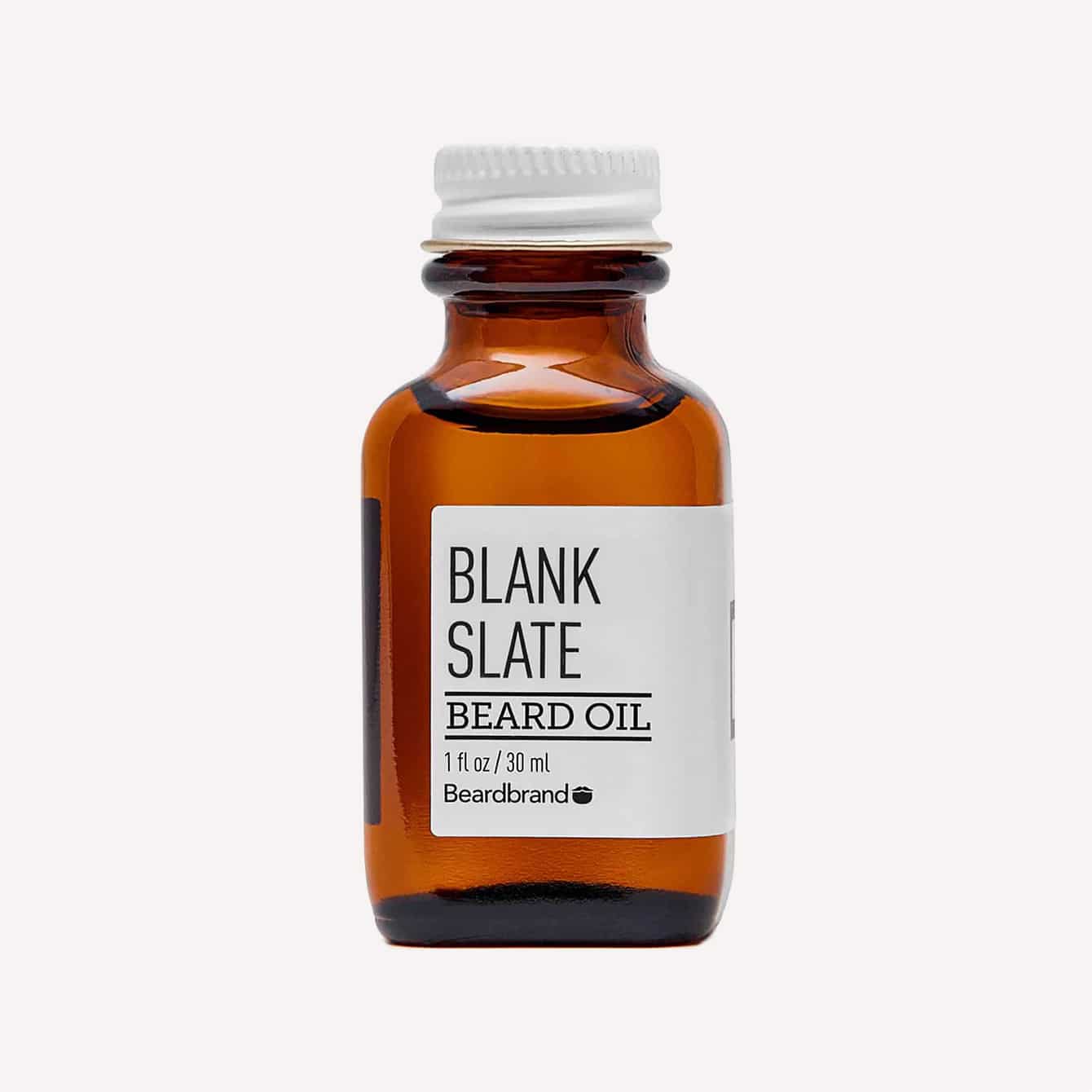
Note that some products are made to be poured into the hand, while others come with a dropper. If this matters to you, you’ll want to take note before you purchase.
At the end of the day, the only way to really know if you’ve found the best beard oil for you is to try it. It may take a little trial and error to find the product that works best in your beard and has a scent you enjoy.
Here at TMM, we’re big fans of Beardbrand beard oil.
The Bottom Line
So, what can beard oil do? Well, it makes your beard look fantastic, but only if you choose wisely. Cheap products that are full of synthetic ingredients and silicone won’t provide any real benefits, and they may actually cause redness and irritation. Nobody wants that!
Check ingredient labels carefully and choose all-natural products with high-quality oils like those listed above. Be prepared to try a few before you find one that does exactly what you want it to. Trust us, the results will be worth it!
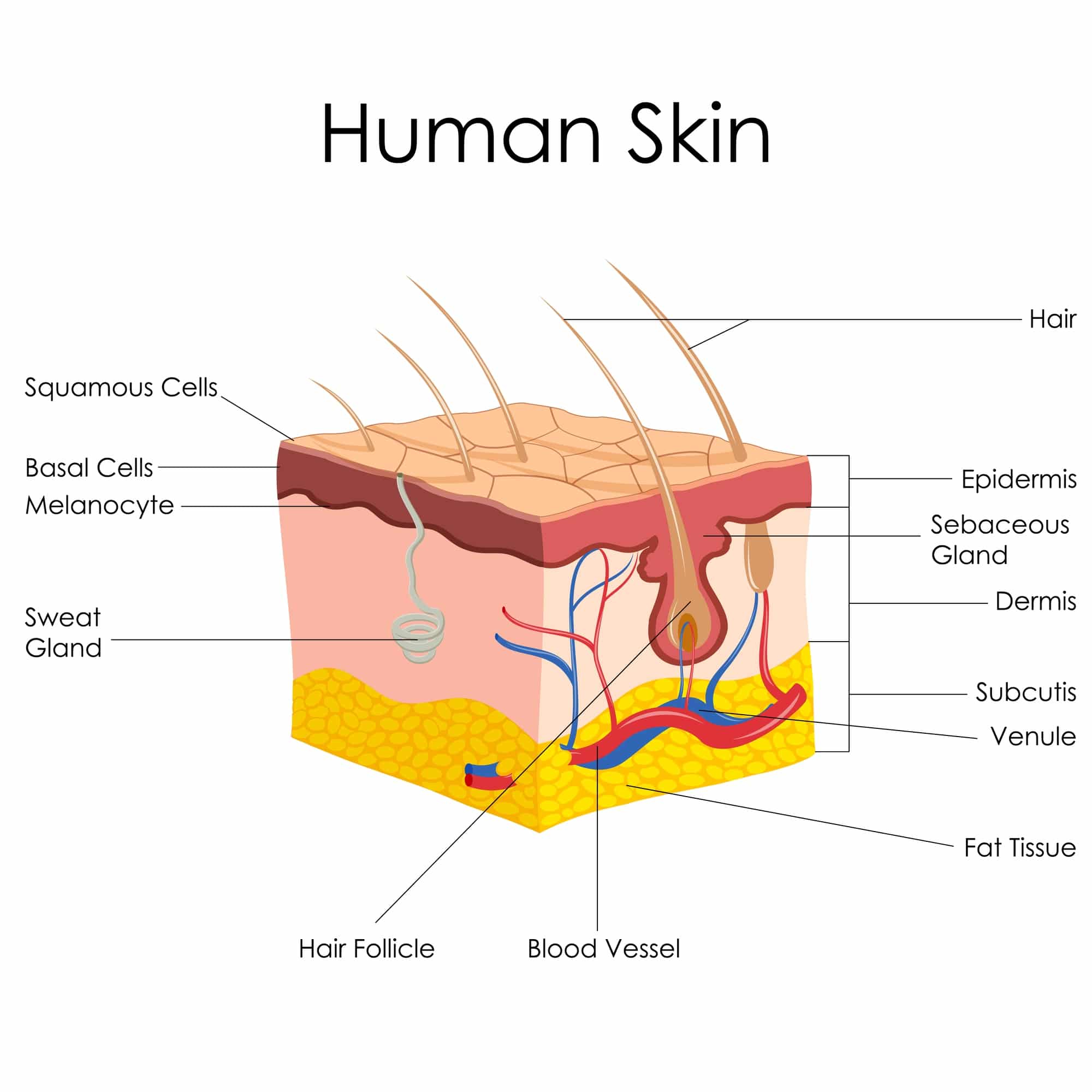

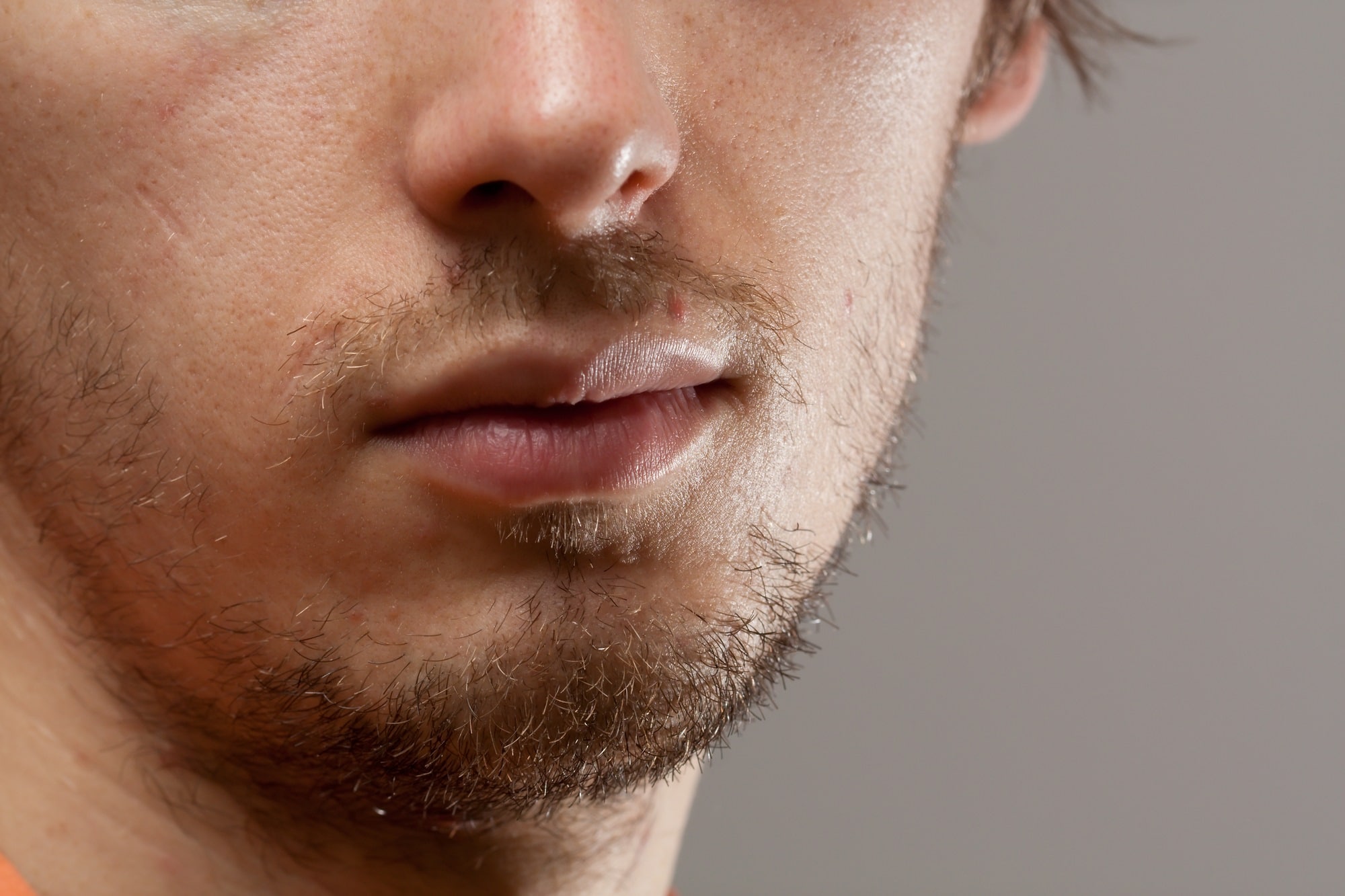
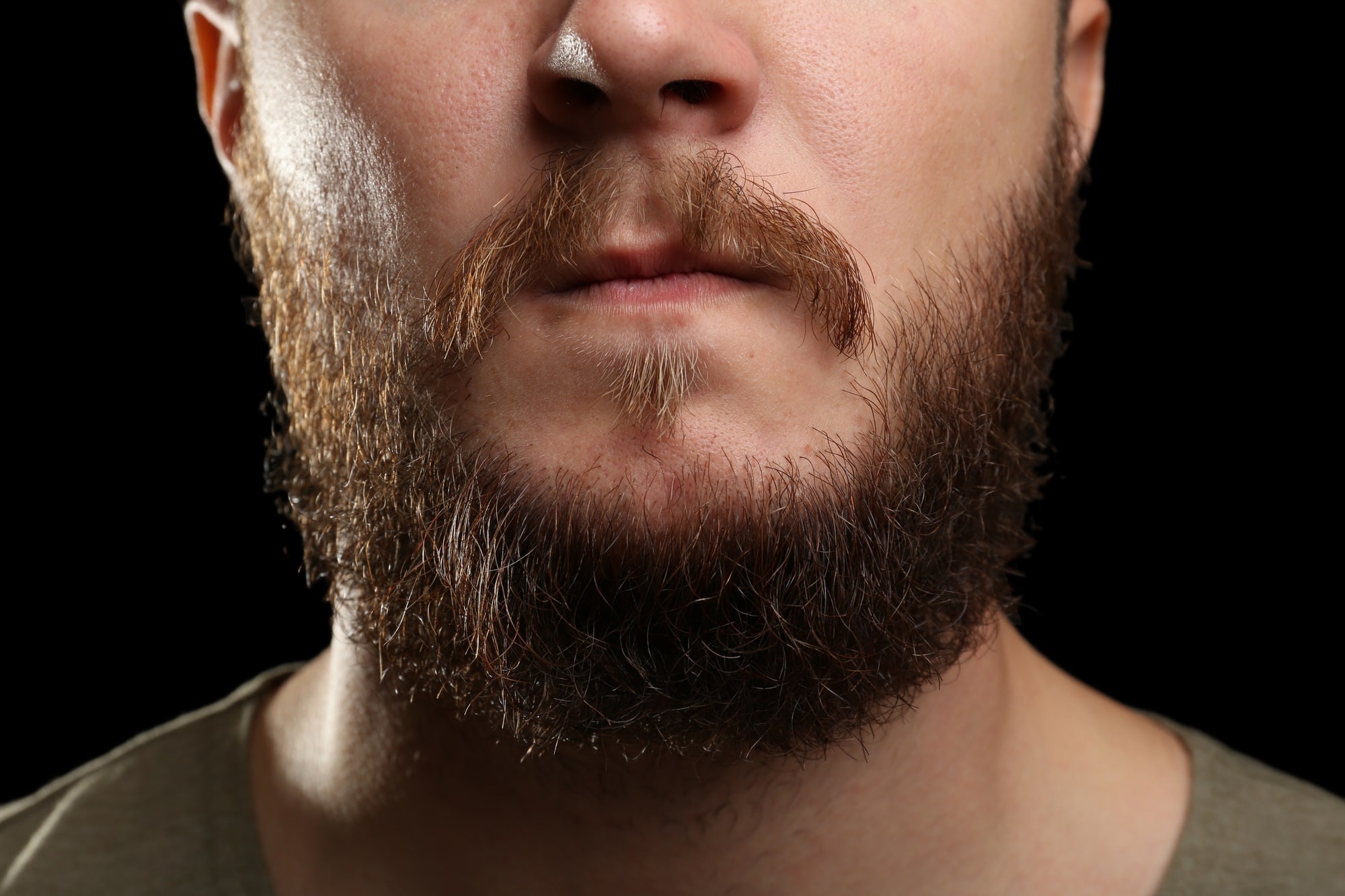
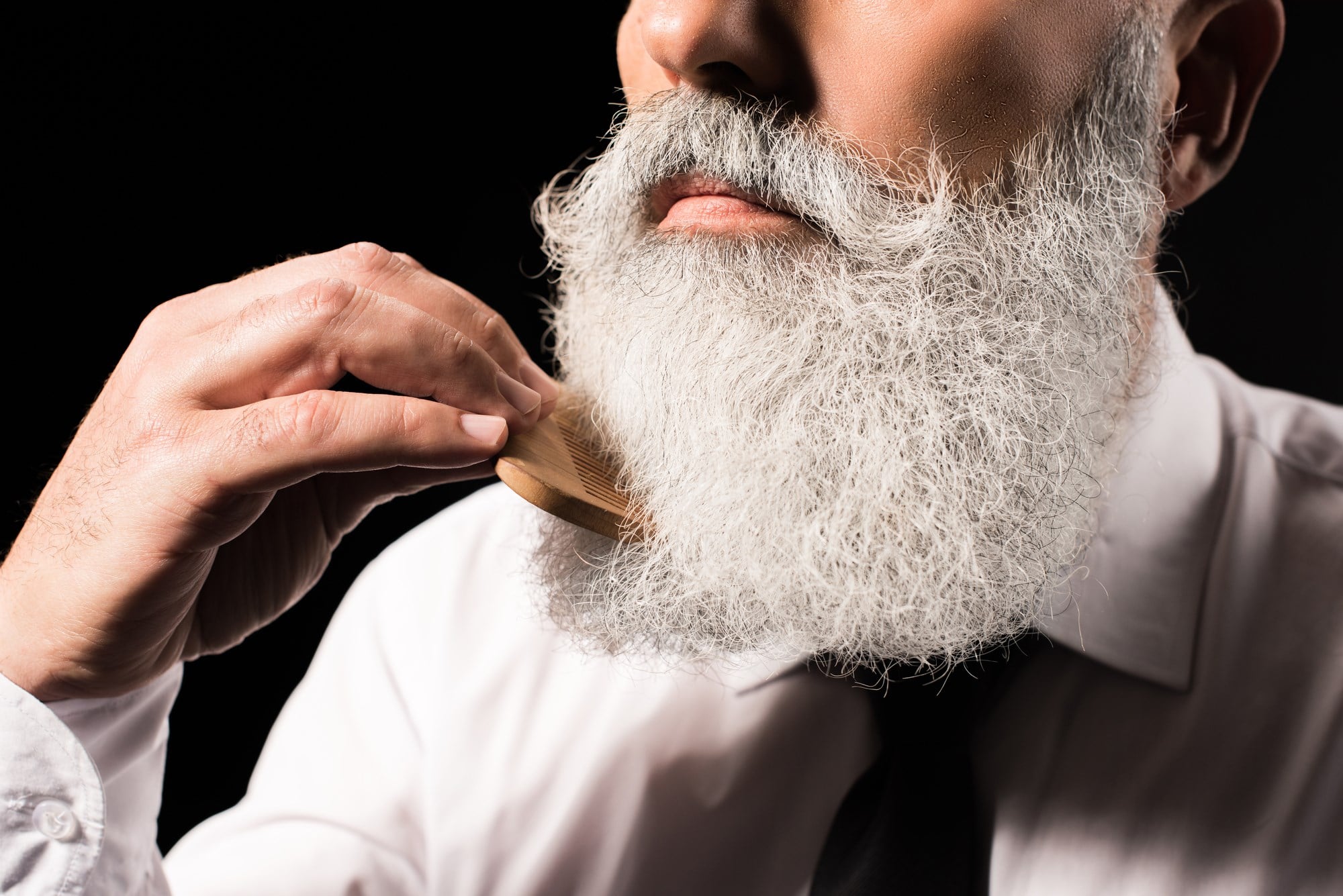

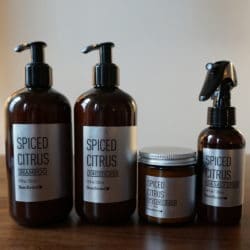
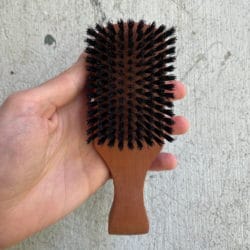
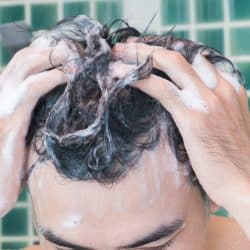



Ask Me Anything